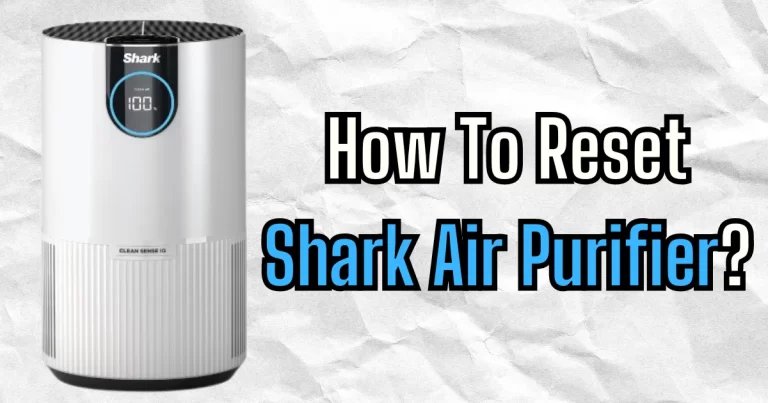Medicare does not typically cover air purifiers. However, certain Medicare Advantage plans may offer coverage for air purifiers with a doctor’s prescription.
Air purifiers are used to improve air quality, which can be beneficial for individuals with respiratory issues or allergies. It is important to check with your specific plan to determine coverage eligibility.
While Medicare may not provide direct coverage for air purifiers, exploring alternative options within your plan can help you find potential solutions for obtaining an air purifier that meets your needs.
Consulting with your healthcare provider and insurance provider can provide further guidance on accessing these devices.
What Is Medicare?
Medicare is a federal health insurance program in the United States. It primarily caters to individuals aged 65 or older, as well as certain younger individuals with specific disabilities. It consists of several parts that provide different types of coverage.
An Overview Of Medicare
Medicare is divided into four main parts – Part A, Part B, Part C, and Part D.
| Part | Coverage |
|---|---|
| Part A | Helps cover inpatient hospital stays, skilled nursing facility care, and some home healthcare services. |
| Part B | Covers certain doctors’ services, outpatient care, medical supplies, and preventive services. |
| Part C | Also known as Medicare Advantage, it offers an alternative way to receive Medicare benefits through private insurance companies. |
| Part D | Focuses on prescription drug coverage, which can be added to Original Medicare. |
Medicare does not typically cover air purifiers as a standalone item. While it provides coverage for a range of healthcare services and supplies, air purifiers are not explicitly included.
What is Air Purifiers
What are air purifiers? Air purifiers are devices designed to clean the air and remove pollutants and contaminants. They can help improve indoor air quality by capturing dust, pet dander, pollen, and other particles.
Types of air purifiers include HEPA filters, activated carbon filters, UV germicidal lights, and ionizers. Each type has its own unique mechanism for purifying the air and addressing specific pollutants.
HEPA filters are efficient for capturing particles as small as 0.3 microns, while activated carbon filters are effective for reducing odors and chemical fumes. UV germicidal lights can destroy bacteria and mold spores, and ionizers can remove airborne particles by producing negative ions.
Importance Of Air Purifiers
The importance of air purifiers lies in their ability to improve indoor air quality. Air purifiers can help remove allergens, dust, and pollutants from the air. This can have a positive impact on overall health and wellbeing.
Using air purifiers can reduce respiratory issues, such as allergies and asthma. By eliminating harmful particles from the air, air purifiers can create a cleaner and healthier living environment. Breathing cleaner air can lead to better sleep and reduce the risk of respiratory illnesses.
Does Medicare Cover Air Purifiers?
Medicare coverage for air purifiers is a common question for many seniors. However, it’s important to note that Medicare typically does not cover the cost of air purifiers as they are considered to be an optional item rather than a medical necessity.
| Medicare covers air purifiers as durable medical equipment (DME). |
| To qualify, it must be prescribed by a healthcare provider. |
| The air purifier must be deemed medically necessary. |
| Coverage also depends on the type of Medicare plan you have. |
Alternative Options
Medicare does not cover the cost of air purifiers, but there are alternative options available. Some private insurance companies may offer coverage for air purifiers, so it’s worth checking your policy to see if this is an option.
Additionally, individual payment options such as health savings accounts or flexible spending accounts may be used to purchase an air purifier. These alternative options can provide financial assistance for those seeking to improve the air quality in their home. It’s important to explore all possible avenues to find the best option for obtaining an air purifier.
Knowing Medicare coverage for air purifiers can provide vital information for individuals seeking to improve their indoor air quality. While Medicare may not cover air purifiers, exploring alternative options and discussing the matter with healthcare providers can lead to effective solutions.
Ultimately, staying informed and proactive is essential for promoting good health.

